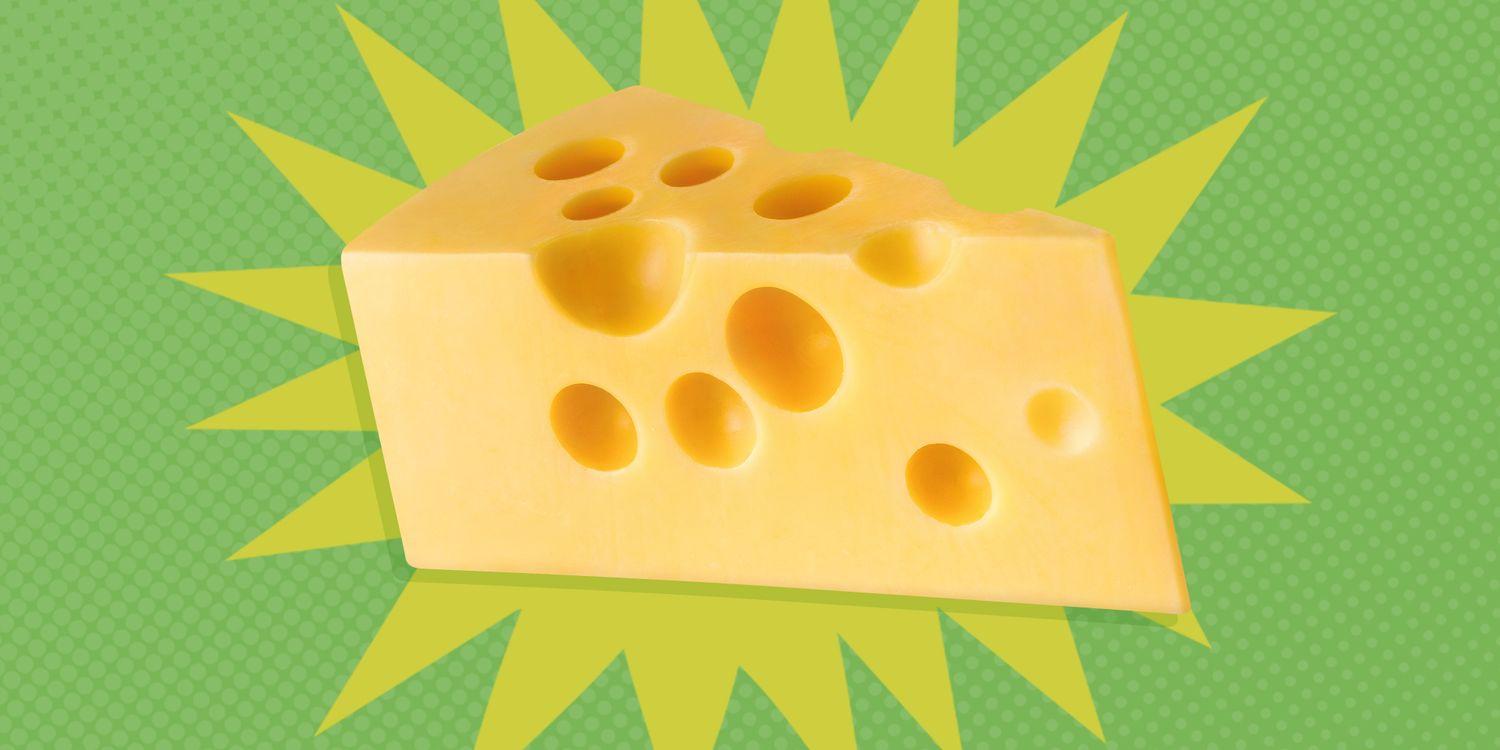New research shows dreams can be done by eating cheese especially if lactoso tolerance.Previous research also show that the different kind of cheese cause different kinds of dreams.
Why You Shouldn't Eat Cheese Before Bed, According to a New Study You might want to rethink what you're having for dessert. By Deanne Revel Deanne Revel Deanne Revel is a travel journalist and host covering the world of theme parks and family entertainment. She's passionate about LGBTQ+ travel and an expert on roller coasters, character breakfasts, parades, and packing. Her work has been featured in Conde Nast Traveler, Fodor's Travel, Travel Channel, and more. ' editorial guidelines Published on July 19, 2025 Close Credit: / Adobe Covering breaking cheese news is one of our favorite parts of the job, from social media trends to industry updates to important grocery recalls. So many of our editors are extremely passionate about the world of cheese. We've sought out the most award-winning cheese in U.S. history. We've followed the internet's obsession with cottage cheese. We even tried cheese s'mores. And we're always monitoring Trader Joe's infamous cheese section for the best new releases. However, the latest headlines have us rethinking our late-night cheese consumption—or eating our favorite cheese snacks at all. According to a new study, cheese can cause nightmares, particularly for a certain group of people. Does Cheese Really Give You Nightmares? We know the best foods to help you get a good night's sleep, and it's looking like cheese will never be on the list. According to a new study published last month in "Frontiers in Psychology," there's a clear link between certain foods and poor sleep. And it's not just the amount of sleep, but the quality of sleep—nightmares and really, really bizarre dreams. Researchers in Canada followed up on a previous study released more than a decade ago and surveyed a new group of over 1,000 students at Grant MacEwan University regarding their eating habits, sleep quality, and any perceived associations between the two. Forty percent of participants said they believed "eating late at night or specific foods affected their sleep." The main culprits for the most reported nightmares? Sweets, desserts, and dairy. Dotdash Meredith / Janet Maples However, it's much worse for some. Of the students with nightmares, many participants shared one specific food allergy. "Nightmare severity is robustly associated with lactose intolerance and other food allergies," said Dr. Tore Nielsen, the lead author for the study, in an accompanying press release. "These new findings imply that changing eating habits for people with some food sensitivities could alleviate nightmares." Cramps, yes. But why nightmares? The study suggests that experiencing severe gas—and the pain from it—while you sleep can alter your dreams, just like "other bodily sensations can affect dreaming." What Type of Cheese Causes Nightmares? There are still a lot of unknowns linking cheese to our dreams. This latest study focused on college students, which likely doesn't reflect different age groups proportionately. And previous studies on sleep and cheese have suggested that maybe only certain cheeses cause nightmares. Some could even cause sweet dreams! In 2005, the British Cheese Board asked volunteers to eat a piece of cheese 30 minutes before bed. The study found that 65 percent of participants who ate Cheddar cheese actually dreamed about celebrities, whereas the majority of people who ate British Brie had "nice relaxing dreams." For this latest report, researchers said more "experimental studies" are needed to "determine if people can truly detect the effects of specific foods on dreams." Related Can Drinking 3 Cups of Coffee A Day Make You Live Longer? A New Study Says Your Fridge Could Be a Food Safety Hazard—This $8 Tool Solves the Problem "We would like to run a study in which we ask people to ingest cheese products versus some control food before sleep to see if this alters their sleep or dreams," said Dr. Tore Nielsen. However, these preliminary findings may be just enough to convince lactose-sensitive folks to avoid the after-dinner dessert cheese plate or cheesy midnight snacks. As for our editors who are cheese tolerant, catch us at the grocery store this evening looking for a British Brie. Explore more: Food News and Trends Was this page helpful? Thanks for your feedback! Tell us why! Other Submit







